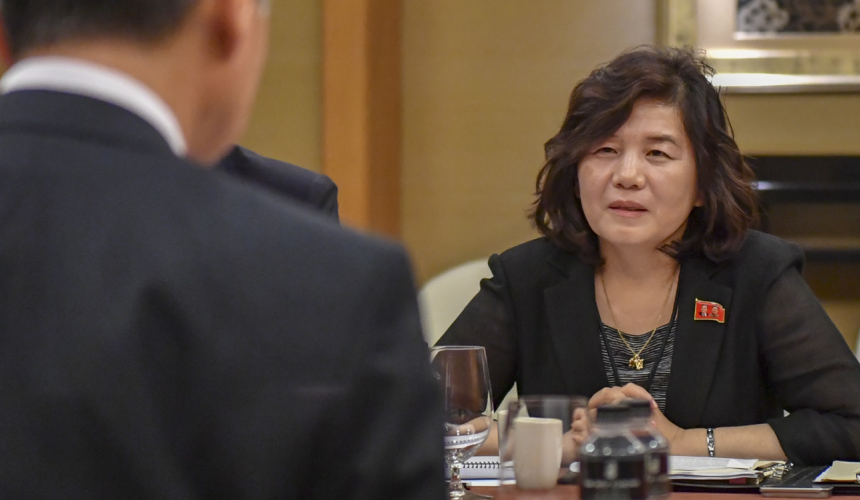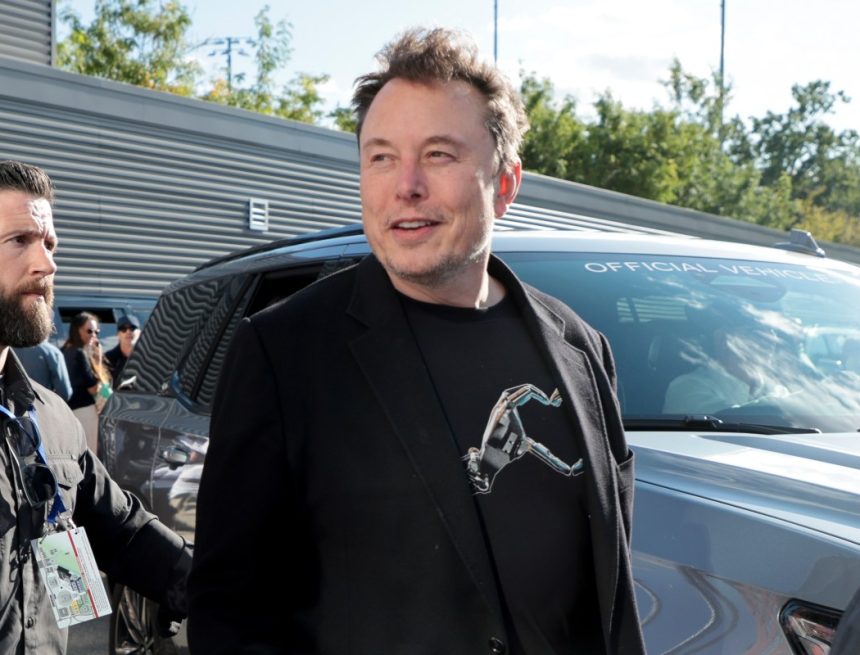Donald Trump called the pause in hostilities he has brokered the first step to a “strong, durable and everlasting peace”. No one can do more to determine the outcome than the US president. This was, for him, a modest statement, acknowledging that Israel and Hamas had agreed to the first phase of his plan – it being their decision, not his, to break a multi-point agreement into a multi-stage discussion. Two parties so far apart agreed on one thing: both would rather defer the really difficult issues.
In Israel and Gaza, there was joy – however tentative – at the announcement. An end to the annihilation, the release of all hostages and the resumption of large-scale aid have all been desperately needed. There is every reason to fear that this will not lead to a lasting peace, and every reason to strive to ensure that it does. In finally reining in Benjamin Netanyahu, and in offering Qatar a security guarantee that persuaded it (with Egypt and Turkey) to lean more heavily upon Hamas, Mr Trump has created an opportunity which must be seized.
To recognise that his intercession has brought this ceasefire is also to acknowledge that Mr Trump, and Mr Biden before him, could have ended this conflict long ago. More than three dozen of the hostages taken by Hamas-led militants on 7 October 2023 are believed to have been killed in captivity. More than 67,000 Palestinians have been killed by the Israeli military in Gaza. The tens of thousands of children who have been orphaned or are suffering acute malnutrition offer some indication of how profound and lasting the damage will be.
The Hamas atrocities of 7 October, and the genocide in Gaza, have pushed both Israelis and Palestinians towards seeing the underlying conflict as, more than ever, an existential struggle. Hostilities could easily resume – though for now, at least, both Hamas and the Israeli government seem to believe that a deal will be better for them than continuing the conflict.
Hamas has no desire to disarm. The bulk of Mr Trump’s plan says that Israel will not occupy or annex Gaza, but offers Palestinians in essence a colonial administration under Mr Trump and Sir Tony Blair, with only the wispiest suggestion that they might prove themselves deserving of statehood in the future. Mr Netanyahu has already rejected that.
Israel’s prisoner release will not include the highly popular Marwan Barghouti, jailed for ordering murders in the second intifada and seen by many as the figure most capable of bringing Palestinian factions together. Mr Trump may not remain invested in this crisis for long once he has taken his victory lap. Strikingly, the breakthrough came shortly before the Nobel peace prize is to be announced, on Friday (though the committee held its last meeting on Monday).
Emmanuel Macron, whose diplomatic initiatives helped pave the way for this moment, stressed on Thursday that it should lead to a political outcome based on the two-state solution. The growing international pressure upon Israel, itself a reflection of public opinion’s impact upon the governments of its allies, and the increased involvement of the region, were critical. The temptation for Israel’s allies now may be to ease off, acting as if this short-term fix were a solution. They must instead invest intensified effort to produce the strong and durable peace of which Mr Trump spoke – which will only be feasible if it is founded on justice.
-
Do you have an opinion on the issues raised in this article? If you would like to submit a response of up to 300 words by email to be considered for publication in our letters section, please click here.


